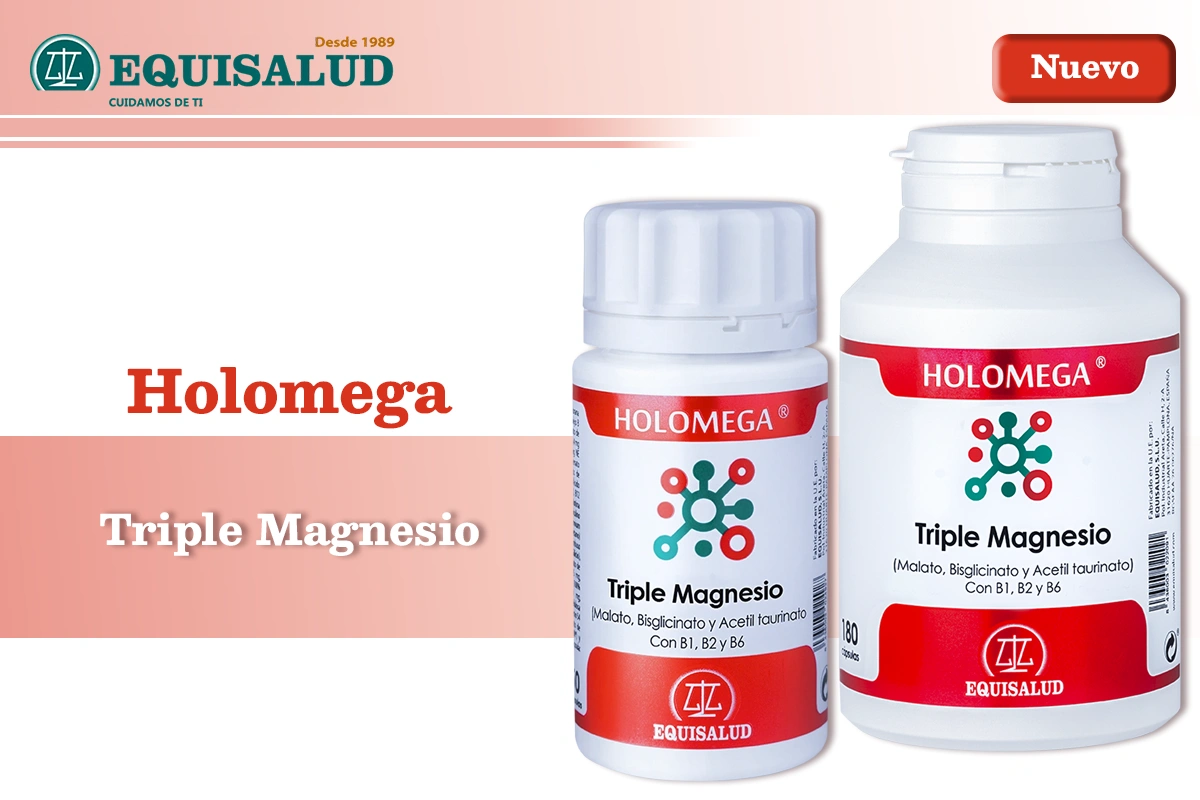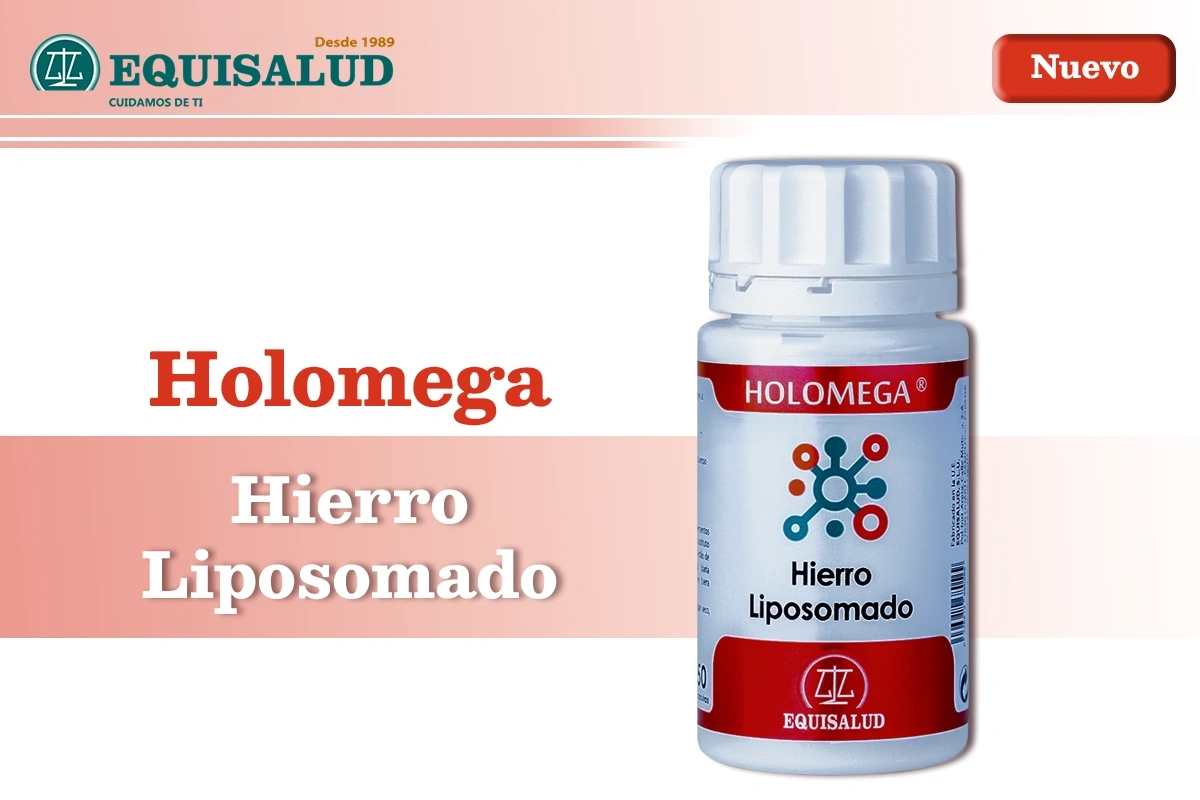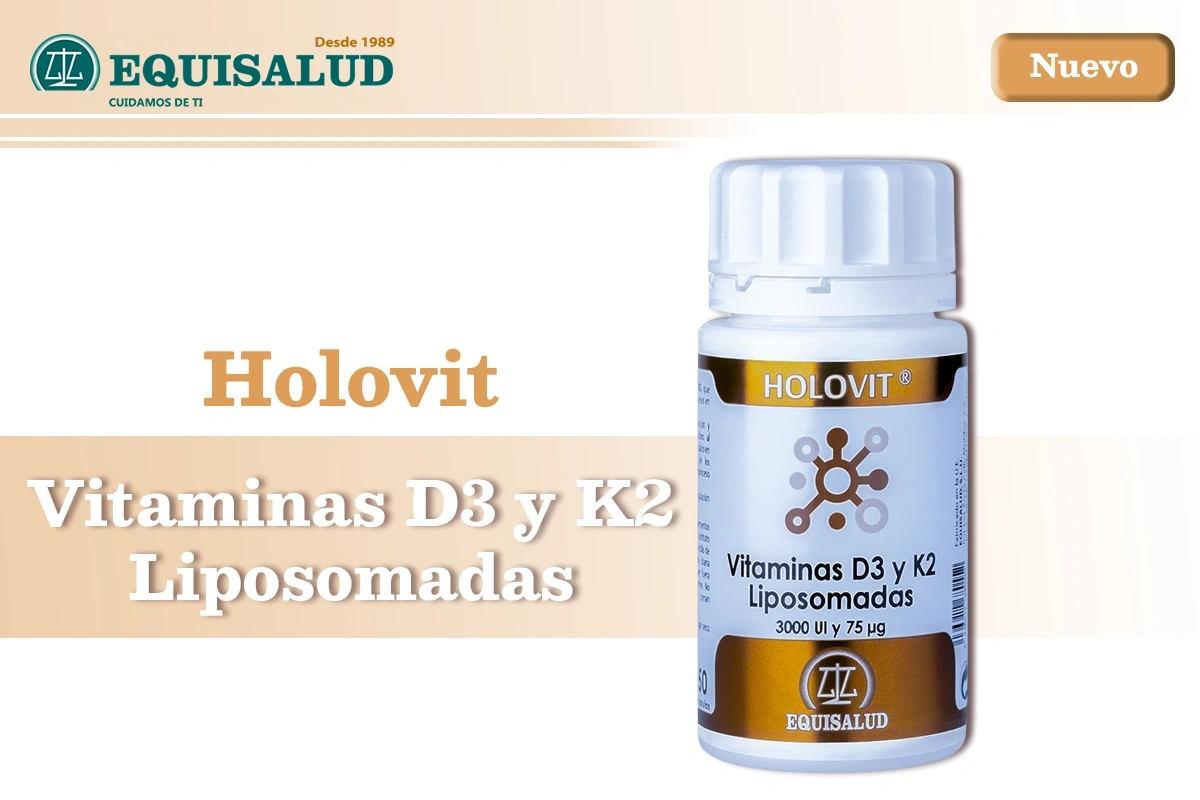El nuevo Microbiota Inflamadig, una de nuestras novedades enero 2021, ayuda a mantener un equilibrio del sistema digestivo en personas con digestiones sensibles gracias a los componentes de su formulación.
La prevalencia de las enfermedades metabólicas, cardiovasculares y autoinmunes está aumentando en los países desarrollados. Este incremento está asociado, en gran parte, al cambio de la “dieta occidental”, ya que esta influye de forma importante en el ecosistema intestinal.
Microbiota Inflamadig está formulado a base de bioflavonoides cítricos, regaliz desglicirrizado, melena de león y probióticos, componentes que, a través de su acción sinérgica, pueden modular la respuesta inflamatoria intestinal.
Está disponible en formato de 60 cápsulas de 800 mg.
¿Cómo actúan los componentes de microbiota inflamadig?
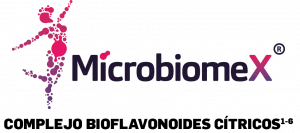

Complejo de Bioflavonoides cítricos
- Efecto antiflamatorio.
- Aumento del butirato.
- Disminución del Clostridium cluster XVIa.
Regaliz desglicirrizado
- Efecto antinflamatorio.
- Acción antioxidante.
- Aporta los beneficios del regaliz sin los efectos adversos.


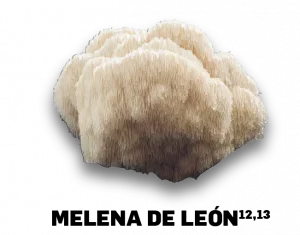

Melena de león
- Función inmunomoduladora.
- Efecto prebiótico.
- Apoyo para la enfermedad intestinal inflamatoria.
Probióticos
- Apoyo para la barrera intestinal.
- Apoyo para la inflamación de grado bajo.
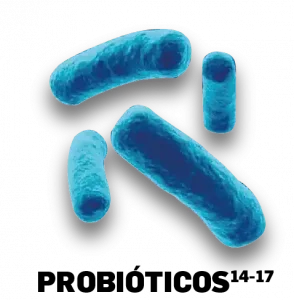

Bibliografía
- Manzel, A., Muller, D. N., Hafler, D. A., Erdman, S. E., Linker, R. A. y Kleinewietfeld, M. (2014). Role of “Western diet” in inflammatory autoimmune diseases. Current allergy and asthma reports, 14(1), p. 404.
- Romier, B., Schneider, Y. J., Larondelle, Y. y During, A. (2009). Dietary polyphenols can modulate the intestinal inflammatory response. Nutrition Reviews, 67(7), pp. 363-78.
- Guinane, C. M. y Cotter, P. D. (2013). Role of the gut microbiota in health and chronic gastrointestinal disease: understanding a hidden metabolic organ. Therapeutic advances in gastroenterology, 6(4), pp. 295-308.
- Canani, R. B., Costanzo, M. D., Leone, L., Pedata, M., Meli, R. y Calignano, A. (2011). Potential beneficial effects of butyrate in intestinal and extraintestinal diseases. World Journal of Gastroenterology,17(12), pp.1519-1528.
- Stevens, Y., et al. (2019). The Intestinal Fate of Citrus Flavanones and Their Effects on Gastrointestinal Health. Nutrients, 11(7), p. 1464.
- Wang, Xiaozhen, Xican Li, and Dongfeng Chen. 2011. “Evaluation of Antioxidant Activity of Isoferulic Acid in Vitro.” Natural product communications 6(9):1285–88. Retrieved December 13, 2017 (http://www.ncbi.nlm.nih.gov/pubme- d/2194 1899).
- Abe K, Ikeda T, Wake K, Sato T, Sato T, Inoue H. 2008. Glycyrrhizin prevents of lipopolysaccharide/d-galactosamine-induced liver injury through down-regulation of matrix metalloproteinase-9 in mice. J Pharm Pharmacol. 60:91–97.
- Kageyama K, Takayasu S, Moriyama T, Sakihara S, Suda T. 2004. A case of pseudoaldosteronism, accompanied with hypocalcemia and exaggerated ACTH response. Endocr J. 51:83–87.
- Mae T, Kishida H, Nishiyama T, Tsukagawa M, Konishi E, Kuroda M, Mimaki Y, Sashida Y, Takahashi K, Kawada T, et al. 2003. A licorice ethanolic extract with peroxisome proliferators activated receptor gamma ligand binding activity affects diabetes in KKAy mice, abdominal obesity in diet induced obese C57BL mice and hypertension in spontaneously hypertensive rats. J Nutr. 133:3369–3377.
- Kwon HS, Oh SM, Kim JK. 2008 . Glabridin, a functional compound of liquorice, attenuates colonic inflammation in mice with dextran sulphate sodium-induced colitis. Clin Exp Immunol. 151:165–173.
- Kim HJ, Seo JY, Suh HJ, Lim SS, Kim JS. 2012b. Antioxidant activities of licorice-derived prenylflavonoids. Nutr Res Pract. 6:491–498.
- Diling C Chaoqun Z Jian Y1 Jian L Jiyan Syizhen X Guoxiao Immunomodulatory Activities of a Fungal Protein Extracted from Hericium erinaceus through Regulating the Gut Microbiota. L Front Immunol. 2017 Jun 12; 8:666. Doi:10.3389/fimmu.2017.00666. eCollection 2017.
- Sheng X, Yan J, Meng Y, Kang Y, Han Z, Tai G, Zhou Y, Cheng H . Immunomodulatory effects of Hericium erinaceus derived polysaccharides are mediated by intestinal immunology. Food Funct. 2017 Mar 22;8(3):1020-1027. Doi: 10.1039/c7fo00071e.
- Crovesy, L., Ostrowski, M., Ferreira, D. M. T. P., Rosado, E. L., & Soares-Mota, M. (2017). Effect of Lactobacillus on body weight and body fat in overweight subjects: a systematic review of randomized controlled clinical trials. International journal of obesity, 41(11), 1607-1614.
- Singh, S. P., Jadaun, J. S., Narnoliya, L. K., & Pandey, A. (2017). Prebiotic oligosaccharides: Special focus on fructooligosaccharides, its biosynthesis and bioactivity. Applied biochemistry and biotechnology, 183(2), 613-635.
- Kerry, R. G., Patra, J. K., Gouda, S., Park, Y., Shin, H. S., & Das, G. (2018). Benefaction of probiotics for human health: A review. Journal of food and drug analysis, 26(3), 927-939.
- Lamprecht, M., Bogner, S., Schippinger, G., Steinbauer, K., Fankhauser, F., Hallstroem, S., … & Greilberger, J. F. (2012). Probiotic supplementation affects markers of intestinal barrier, oxidation, and inflammation in trained men; a randomized, double-blinded, placebo-controlled trial. Journal of the International Society of Sports Nutrition, 9(1), 1-13.
